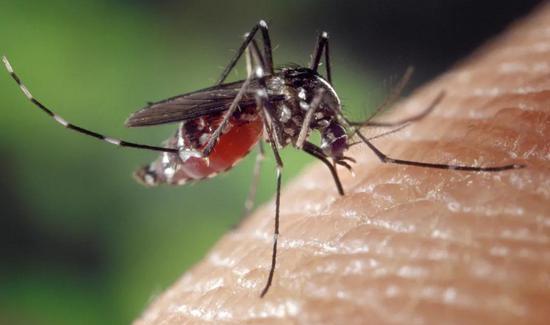According to foreign media reports, a preliminary study published in eLife on April 13 suggests that changing the gut genes of mosquitoes so that they can transmit antimalarial genes to the next generation of their species may be a promising way to stop malaria. The study is the latest in a series of steps to engineer mosquito genes to reduce their ability to transmit malaria using CRISPR-Cas9 gene editing technology. If further research supports this approach, it could provide a new approach to reducing malaria-related illness and death.

The growing resistance of mosquitoes to insecticides and malaria parasites to antimalarials makes new ways to combat the disease urgently needed. Gene drives are being tested as a new method. They work by making genetically modified mosquitoes that, when released into the environment, spread the genes, reducing mosquito populations or making it less susceptible to malaria parasites. But scientists must prove that this method is safe and effective before releasing genetically modified mosquitoes into the wild.
"Gene drives are a promising tool for malaria control," said study lead author Astrid Hoermann, a research associate at Imperial College London in the United Kingdom. "But we hope there is a clear way to test this tool in national security where diseases most often occur."
In the study, Hoermann and colleagues genetically engineered the Bambian Anopheles mosquitoes that transmit malaria. They used CRISPR-Cas9 technology to insert a gene encoding the antimalarial protein in a gene that was turned on after mosquitoes ate blood. The team did this so that the entire stretch of DNA could also act as a gene drive that could be passed on to most of the mosquitoes' offspring. They initially inserted the gene into three different locations in the DNA along with a fluorescent marker to help them track the gene, and later removed the marker, leaving only a small genetic modification.
Next, the team bred the mosquitoes to see if they could successfully reproduce and stay healthy. They also tested the development of malaria parasites in mosquito viscera. Their experiments provide preliminary evidence that this genetically modified approach can create successful gene drivers.
"These genetic modifications are passive and can be tested in the field and subjected to strict regulatory procedures to ensure that they safely and effectively block the parasite without raising concerns about accidental spread in the environment," explains Nikolai Windbichler, senior author of the study and senior lecturer in the Department of Life Sciences at Imperial College London. "However, once we combine them with other mosquitoes with active gene drives, they themselves become gene drives without the need for any further changes." Therefore, our approach brings gene drive one step closer to being tested in the field as a malaria elimination strategy. ”